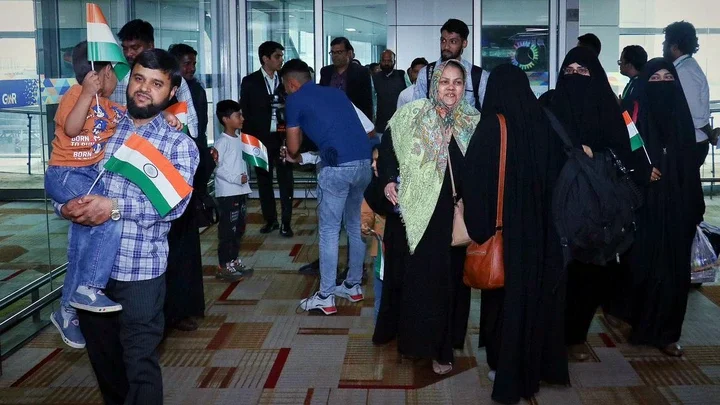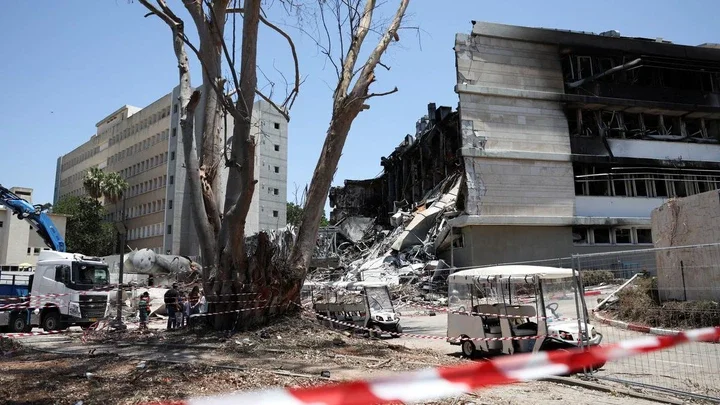Karnataka residents relive harrowing escape from war-torn Iran as evacuated students reach home.

For the people of Alipur in Karnataka's Chickballapur district, the past few weeks have been an unimaginable nightmare. Many had gone to Iran to pursue education, theological studies, or for work. None had anticipated that escalating hostilities between Iran and Israel would leave them trapped.
"We never thought we would make it home again," said Syed Mohammad Taqi over phone to The Hindu who returned to India on Saturday. A resident of Alipur in Gauribidanur taluk, Mr. Taqi was part of a group of 11 students who were among over 100 villagers stuck in Iran.
"I cannot describe the fear," he continues. "There were sounds of sirens and distant explosions every day. Our neighbourhood was just 5 km from a missile strike. The nights felt endless as flashes lit up the sky like fireworks, but far more terrifying."
Communication was almost impossible during those tense days. "There was no Internet. We couldn't reach our loved ones back home. Our families in India were frantic. Only after the Indian Embassy moved us to a hotel were we given wi-fi, and finally, we could speak to them," Mr. Taqi recalls.
Alipur is a close-knit village with many pursuing studies or business in Iran. On June 18, The Hindu reported how the war had unsettled Alipur's residents.
Shafeeq Abidi, a well-known Urdu poet and former journalist from the village, said that around 40 of his fellow villagers had already come home safely.
For many, the terror began on June 13. "That is a day I will never forget," says Mohsin Raza, a medical student in Tehran. "The first explosion happened just a kilometre from our hostel. Initially, we thought it was an accident or a loud army vehicle. But then the windows shattered. Outside, we could see missiles arcing across the night sky. That's when we realised this was a serious attack."
Mr. Mohsin, along with other students, immediately reached out to the Indian Embassy. "We contacted them and told them how dangerous it was becoming. The embassy promised us they were working on evacuation plans as the conflict intensified," he added.
Meanwhile, Syeda Faize, who stayed in Tehran, spent those days huddled in a basement shelter. "There were constant bombings, and the sound of explosions was deafening. We hardly slept. Every blast felt like it could be the last. Our only thought was to survive," she added.
In India's ongoing evacuation initiative Operation Sindhu, citizens were moved to comparatively safer cities like Qom and Yazd before being relocated to Mashhad and eventually returning to India.
Although most of Alipur's stranded residents are finally home, those who survived the ordeal say they cannot forget the chaos they witnessed. "We thought we would never make it," Mr. Taqi says, his voice filled with emotion. "But we're here back in our village safe at last."
















Comments